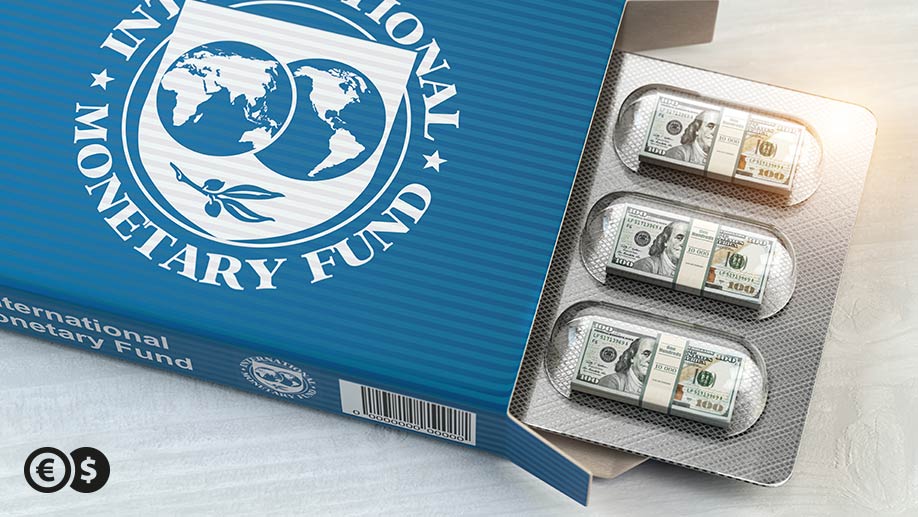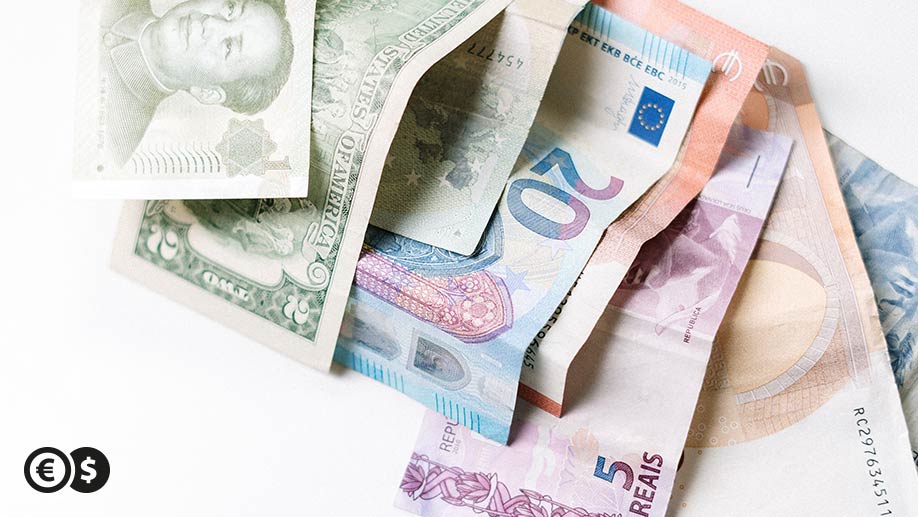The International Monetary Fund is a financial institution that includes up to 190 countries. Working for global monetary cooperation and ensuring financial stability. Its goals include promoting sustainable economic development and preventing poverty. What else is the IMF doing? Here’s everything you need to know about this institution.

The emergence of the International Monetary Fund
The International Monetary Fund was established in 1944 by agreement concluded at the Bretton Woods conference. The foundation was established, among other things, to ensure economic and financial stability after World War II, as well as to rebuild Europe after the war.
The International Monetary Fund began operating a year later, when 29 member states ratified the founding documents. By the end of 1946, the number of member states had increased to 39, and in March 1947 the institution began its financial operations. Two months later, France became the first country to borrow money from.
Even before the institution was founded, there were two opinions about what the IMF should look like. US representative Harry Dexter White suggested one. He argued that the institution should act like a bank, making sure that the money-lending countries would be able to pay off their obligations within the specified period. Many of White’s arguments were eventually incorporated into the work of Bretton Woods.
The second view was presented by the British economist John Maynard Keynes, who assumed that the International Monetary Fund should be a cooperation fund to help member states during transitional crises. Its main tasks included maintaining economic activity and employment in the member states. Some of these demands have also been put into practice.
The International Monetary Fund gained global influence in the following years, as more countries joined the institutions. These were, among other things, the countries of Africa that gained independence, and after 1991 also the former Soviet Union.
Poland was a member of the International Monetary Fund from its inception until 1950, when it left the institution at its request. She applied for re-admission in 1981, which resulted in her being accepted into the ranks five years later.

Key Assumptions of the International Monetary Fund
The main mission of the International Monetary Fund is to concern itself with developing and improving the economies of the member states. For this purpose, data from individual countries are collected and analyzed. The IMF monitors the economies of these countries and asks when necessary to implement certain assumptions.
Another important task of the International Monetary Fund is to grant loans to member states. It aims to balance the balance of payments of a particular country, which may be turbulent temporarily for some reasons.
Among the most important objectives of the fund, as mentioned in the founding documents, are the following:
- Strengthening international monetary cooperation
- Promote international trade
- Take care of fixing exchange rates
- Seeking high job opportunities in the member states
- Promote sustainable economic growth
- Providing support to countries facing financial difficulties
The International Monetary Fund has funds at its disposal primarily from two sources – member states’ shares and loans. Every country that wants to be a member of the International Monetary Fund must contribute its own amount. In return, you get a certain number of votes. The amount of the sum depends on the economic importance of a particular country in the international arena. Countries with greater economic importance have more shares and therefore more votes. Quotas could also be increased from time to time to add to the IMF’s special drawing rights, the hypothetical international unit of account.
Jobs of the International Monetary Fund
The International Monetary Fund has four main functions. One of them is the organizational function. The fund is allowed to set standards and standards for international financial relations.
The second important role is of course the credit function we mentioned earlier. It provides financial aid to member states that find themselves in difficult economic situations.
The International Monetary Fund also has an advisory function. It provides advice to member states on economic and economic issues. It suggests solutions that can help overcome cyclical economic problems. It is also a place to exchange views and experiences between representatives of individual countries in the field of economics.
The fund also has an auditing function that verifies that member states are implementing pre-agreed economic programs. The International Monetary Fund also verifies the purposes for which the funds granted under the loan are allocated.

Struktura MFW
Each member state of the International Monetary Fund may delegate a governor and an alternate governor, who together with other countries form the board of governors. Representatives of individual countries are usually finance ministers or central bank governors, although this is not always the case.
The Board of Governors usually meets once a year. It is responsible, inter alia, for approving higher amounts, allocating an international unit of account to SDRs, or accepting nominations of new members.
The Board of Governors also elects 24 members to the Executive Board. Some countries with the largest economy have a permanent member. Since 2011, this right has been granted to the United States, Japan, China, Germany, France, Great Britain and Saudi Arabia. The rest are drawn from countries grouped into geographic regions, representing from 2 to 23 countries.
The Executive Council approves, inter alia, periodic reviews by Member States. It also decides to grant financial aid to a specific country.
At the head of the Executive Board, and at the same time at the head of the International Monetary Fund, is the General Manager. Historically, he has always been a European, whereas the position of World Bank President has always been reserved for an American. However, this is not necessarily a fixed rule, and it is likely that in the future these functions will be performed by people from outside Europe and the United States. Kristalina Giorgio from Bulgaria has been Managing Director of the International Monetary Fund since 2019, replacing Christine Lagarde.





